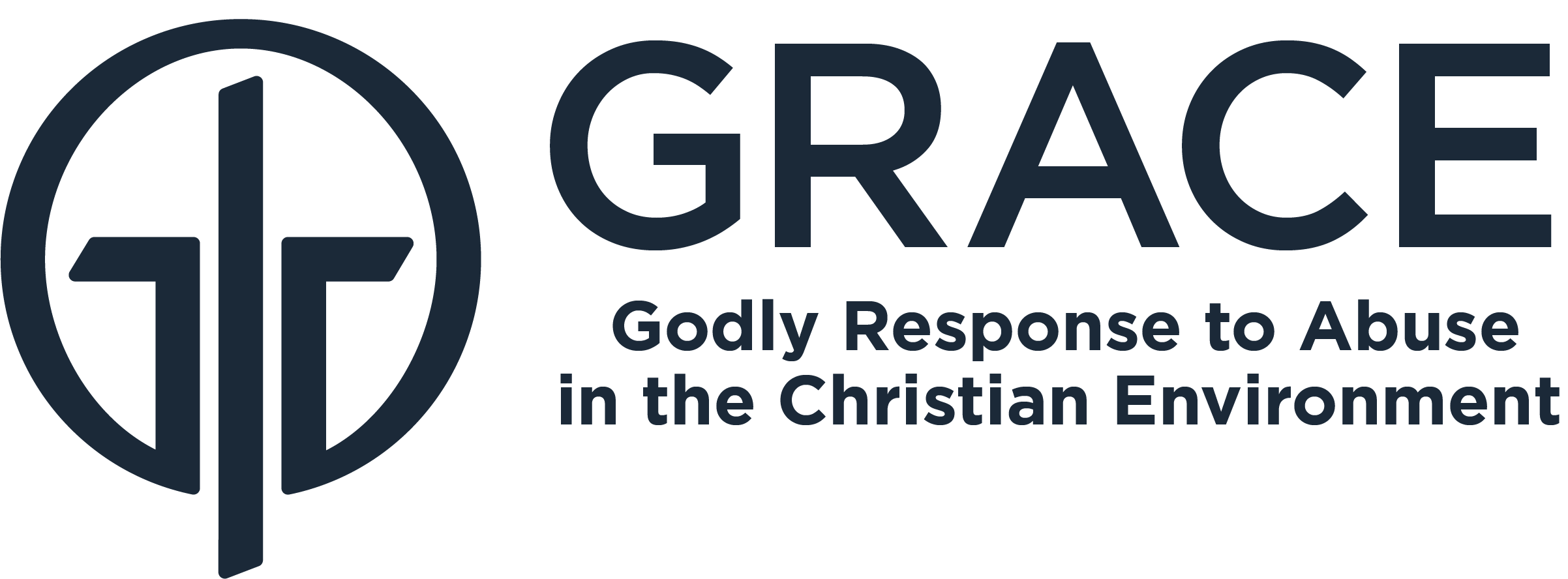Endangering Children by Looking Away
By Boz Tchivdjian
Monsignor William J. Lynn
On January 2nd, a priest who was partly responsible for the sexual abuse of a 10 year old child, walked out of prison after his conviction was overturned. Monsignor William J. Lynn, a former official of the Archdiocese of Philadelphia was convicted in 2012 of Endangering the Welfare of a Child (EWOC). Monsignor Lynn is one of the first members of clergy to face criminal charges for failing to adequately supervise a priest with a known history of child sexual abuse. In addition to the devastation perpetrated upon an innocent child, the great tragedy of this case was best articulated by the appellate judge who wrote,
….the Commonwealth presented more than adequate evidence to sufficiently demonstrate that Appellant [Lynn] prioritized the Archdiocese’s reputation over the safety of potential victims of sexually abusing priests…
In the 1990’s, Monsignor William Lynn was in charge of addressing clergy abuse issues within the Archdiocese of Philadelphia. In 1992, Monsignor Lynn allowed a priest with known sexual abuse history to move into a parish rectory. A parish that included a grade school.
In early 1999, Edward Avery repeatedly sexually abused a ten-year-old boy who attended the parish grade school and had assisted Avery in serving mass.
In 2011, Monsignor William Lynn was charged with and convicted of the felony offense of Endangering the Welfare of a Child (EWOC) stemming from the 1999 offenses. He was sentenced to a prison term of three to six years. He appealed.
Prior to 2007, the EWOC law stated:
A parent, guardian, or other person supervising the welfare of a child under 18 years of age commits an offense if he knowingly endangers the welfare of the child by violating a duty of care, protection, or support.
The simplest way to summarize the 43-page appellate court ruling is that it prevents a person who does not have “actual supervision” over an abused child from being convicted under EWOC involving offenses prior to 2007. (Fortunately, the law was amended in 2007 to include a much broader scope of supervision.)
In the past years, most of us have become increasingly aware of how common it is for pastors and others within faith communities to allow known or suspected sex offenders to have access to children. Sometimes this is fueled by ignorance, and other times it is fueled by a desire to place institutional “needs” over the value of a child’s soul. This court ruling will undoubtedly result in the protection of such despicable behavior from ever confronting justice.
Let’s hope that this decision will be reversed by the Pennsylvania Supreme Court.
Don’t despair just yet! On a more optimistic note, this ruling should not block the vast majority of prosecutions against clergy and others who place children in the paths of known sexual offenders. For example, it should not prevent:
EWOC cases against those who have “actual supervision” over children (this is certainly an issue that must still be argued successfully in many church abuse cases);
EWOC cases in Pennsylvania occurring after 2007; or
EWOC cases outside the Commonwealth of Pennsylvania.
Perhaps the most important lesson to be learned from this ruling has nothing to do with who is or who is not an “actual supervisor”. It has everything to do with the urgent need for the Church (Yes, I mean both Catholic and Protestant) to expend itself in placing the value and safety of children above all else, including institutional reputation.
If we fail to embrace this fundamental Gospel lesson, not only will there be more prosecutions (as there should be), but the beautiful lives of those made in the image of God will continue to be devastated and discarded. Jesus demands that we learn this lesson and begin living it out.
Boz Tchividjian is the founder and executive director of GRACE.
This article was originally published on January 16, 2014 for the Religion News Service (RNS). Used with permission.


